
Verizon Wireless: The Neiman Marcus of mobile providers
A customer retention call with Verizon Wireless is short and to the point: enjoy the coverage you get from us now at the prices we charge or cancel and live with inferior cell phone service from one of our competitors.
Verizon chief financial officer Fran Shammo waved goodbye to 138,000 Verizon Wireless customers in the last three months and he could care less.
“If the customer who is just price-sensitive and does not care about the quality of the network—or is sufficient with just paying a lower price—that’s probably the customer we’re not going to be able to keep,” he said in the company’s quarterly earnings call today.
The wireless industry’s price war has not yet inflicted much damage on Verizon, which considers itself above the fray.
Average revenue per customer has started to significantly decline for the first time in wireless industry history, despite efforts to bolster earnings with expensive data plans and bundling services, including unlimited voice calling most cell phone users no longer care about. Both T-Mobile and Sprint are resorting to slashing prices and reducing the fine print to pick up business, with T-Mobile being the more successful of the two pulling it off. But the combined market share of Sprint and T-Mobile remains a fraction of what AT&T and Verizon Wireless have captured.
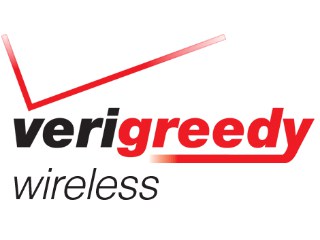 Verizon believes it has a premium product and expects to be paid for it. Like a Neiman Marcus of the wireless industry, customers can expect a superior level of service, if they can afford to pay for it.
Verizon believes it has a premium product and expects to be paid for it. Like a Neiman Marcus of the wireless industry, customers can expect a superior level of service, if they can afford to pay for it.
To keep customers dazzled, this summer Verizon Wireless is planning a new wireless video service featuring content from the NFL and likely more. Verizon hopes customers without unlimited data plans will be willing to pay several dollars extra for the new streaming service. But perhaps not too many extra dollars. Verizon executives have discovered a loophole in the FCC’s new Net Neutrality regulations allowing video content to be sponsored by Verizon or its advertising partners and exempt from usage allowances or caps.
Known as “zero-rating,” the practice is much more common overseas, where content providers pay for customer’s usage of their applications. Critics call the practice an end run around Net Neutrality. The FCC has continued to avoid the issue of broadband usage caps and usage-based billing, which ISPs have interpreted to mean a green light on the practice. In fact, some earlier comments from the FCC suggest the agency believes subsidized Internet traffic might be beneficial to consumers. Verizon pockets the money in either case.
Tim Berners-Lee, who created of the World Wide Web, called zero-rating “positive discrimination,” giving too much power to Internet providers.
“Zero-rated mobile traffic is blunt anti-competitive price discrimination designed to favor telcos’ own or their partners’ apps while placing competing apps at a disadvantage,” added Antonios Drossos, managing partner of Rewheel. “A zero-rated app is an offer consumers can’t refuse.”
Verizon Wireless has not yet priced its forthcoming video offering, but it could be marketed as a monthly add-on feature or as a pay-per-view option.
[flv]http://www.phillipdampier.com/video/Bloomberg Verizon Bids Good Riddance to Customers Leaving for a Cheaper Deal 4-21-15.flv[/flv]
Bloomberg reporters talk about Verizon’s disinterest in competing with other carriers in the ongoing price war, and is fine with letting price-sensitive customers leave. It won’t be cutting prices anytime soon. (2:01)


 Subscribe
Subscribe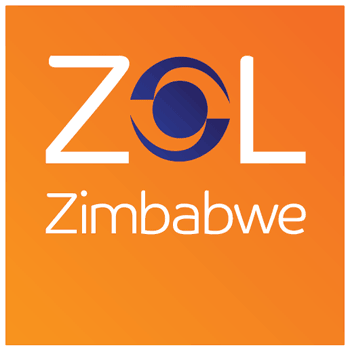 The two largest telecom companies in Zimbabwe believe broadband access isn’t just an essential utility —
The two largest telecom companies in Zimbabwe believe broadband access isn’t just an essential utility —  At the outset in Victoria Falls, Fibroniks will offer unlimited use packages up to 100Mbps, with a commitment customers can access whatever they want, whenever they want, at a guaranteed fixed monthly price. Liquid Telecom already supplies fiber service in the capital city of Harare, but Tudor believes getting into smaller communities in the country is essential.
At the outset in Victoria Falls, Fibroniks will offer unlimited use packages up to 100Mbps, with a commitment customers can access whatever they want, whenever they want, at a guaranteed fixed monthly price. Liquid Telecom already supplies fiber service in the capital city of Harare, but Tudor believes getting into smaller communities in the country is essential. Cox Communications has raised Internet speeds for its economy class customers in Arizona as it continues network enhancements across the state.
Cox Communications has raised Internet speeds for its economy class customers in Arizona as it continues network enhancements across the state. Houston residents excited by this week’s launch of AT&T U-verse with GigaPower have been quickly disappointed after learning the service is available practically nowhere in Houston and likely won’t be for some time.
Houston residents excited by this week’s launch of AT&T U-verse with GigaPower have been quickly disappointed after learning the service is available practically nowhere in Houston and likely won’t be for some time.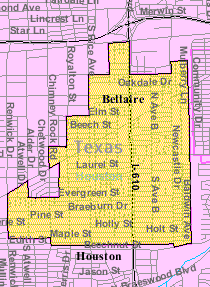
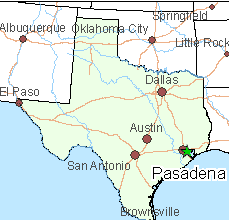 “I dropped AT&T’s MaxPlus because I never got anything approaching the 18Mbps speed I was being billed for,” he wrote.
“I dropped AT&T’s MaxPlus because I never got anything approaching the 18Mbps speed I was being billed for,” he wrote.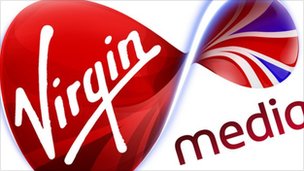 “Unlimited data” must mean exactly that in the United Kingdom if you hope to survive a challenge with British regulators over advertising and tariff claims.
“Unlimited data” must mean exactly that in the United Kingdom if you hope to survive a challenge with British regulators over advertising and tariff claims. That last sentence in particular did not amuse the regulators. In the United Kingdom, making a claim of “unlimited service” means that any limitations imposed on that service affecting speed or usability must be at most moderate and clearly disclosed. Virgin failed on both.
That last sentence in particular did not amuse the regulators. In the United Kingdom, making a claim of “unlimited service” means that any limitations imposed on that service affecting speed or usability must be at most moderate and clearly disclosed. Virgin failed on both.